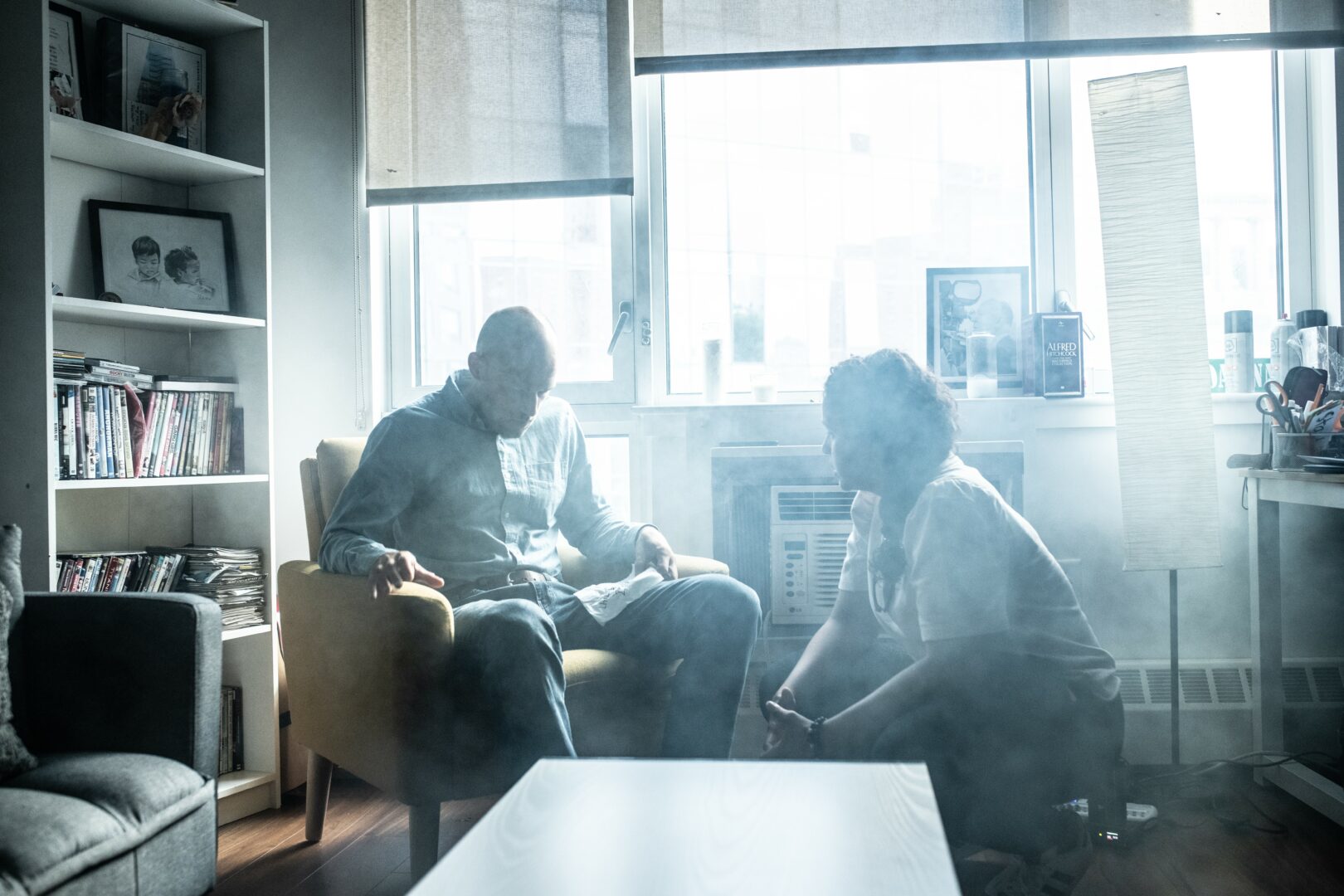We caught up with the brilliant and insightful Paula Cajiao a few weeks ago and have shared our conversation below.
Paula , so great to have you with us and thanks for taking the time to share your thoughts with the community. So, let’s jump into something that stops so many people from going after their dreams – haters, nay-sayers, etc. We’d love to hear about how you dealt with that and persisted on your path.
“You’re not really crazy—it just hasn’t been done before.” This is the motto I live by. I chose a career in the arts, a field often filled with rejection. Sometimes people laugh at your ideas, and family members may encourage you to choose a different path. It’s not because they don’t believe in you, but because they understand how difficult it can be to make a living as an artist.
I am the first artist in my family—a writer, director, and actor. What I love most in this world is writing and directing films. However, one of the greatest challenges I face is constant rejection and the difficulty of securing funding to bring my stories to life.
Many people have said no to me—and will continue to do so—but the good news is that someone will eventually say yes. One thing I’ve learned, though it’s still a work in progress, is to not take rejection personally. As a human being, that’s easier said than done. But I’ve come to realize that rejection is often God’s protection. Just because someone doesn’t share my vision doesn’t mean my project lacks value.
In many cases, when people have laughed or said no, they simply weren’t the right people to surround myself with. When I was initially rejected by certain festivals, I was heartbroken and confused. I couldn’t understand why I wasn’t accepted. But over time, I took a step back, looked at my work critically, and realized I needed to improve. Those early rejections pushed me to become a better artist.
There’s fierce competition out there, but the only competition I recognize is with myself—to become a better version of the artist I was yesterday. Rejection, setbacks, and the word “no” have all fueled my fire and passion.
To me, creating is about having a vision and giving a voice to those who are often unheard. Just because someone doesn’t immediately see the value in my work doesn’t mean the public won’t appreciate or love it.
Appreciate the insights and wisdom. Before we dig deeper and ask you about the skills that matter and more, maybe you can tell our readers about yourself?
I’m a filmmaker. To me, my work is about revealing societal issues that some may not be aware of. I like to tell the truth and shine a light on topics that make people think and question the world around them. I am an immigrant, born in Cali, Colombia. I came to the United States when I was 16 years old, so I’ve lived here for quite some time. As an immigrant, I see the United States through a different lens. I understand the pain of rejection and what it feels like to be in a foreign land.
I also served in the United States Army for 4 ½ years on active duty and deployed to Iraq in 08–09 as a combat nurse. During that time, I witnessed immense pain, betrayal, heartbreak, and injustice toward the people of a land we were occupying.
Through my work, I aim to show the world what I saw. My current film project, Let There Be Light, explores a different side of war—how trauma resurfaces and how soldiers, the forgotten ones, are often abandoned when they return home.
My work is about what it means to be human, to be real, and to reveal the truth about what’s happening around us.
If you had to pick three qualities that are most important to develop, which three would you say matter most?
I like this question. I think learning your craft is very important—studying the work of great artists throughout history, understanding what’s being made today, and, of course, making films yourself. I didn’t go to film school. The only formal training I have is in acting, so I’m a self-taught director. Early in my career, I met someone who introduced me to Kubrick, Hitchcock, Truffaut, Kurosawa, and many other legendary filmmakers. I watched their work and learned from it. Even now, I revisit those films and discover new things I couldn’t see before because my skills hadn’t fully developed yet—and they’re still evolving. My work will always be a work in progress. I hope to keep learning.
It’s also crucial to read about lighting, camera angles, and how to communicate effectively with actors. One of the most important lessons I’ve learned is that you need to make films, to fail, and to be okay with making mistakes. Chances are, you won’t be great at the beginning—that’s just how it is. It’s something you have to accept. But if you stay humble, acknowledge your mistakes, and recognize areas for improvement, you will get better.
My advice to anyone picking up a camera for the first time is simple: keep going. One crucial lesson I’ve learned in my career is this—if it’s not on the page, it’s nowhere to be found.
If you knew you only had a decade of life left, how would you spend that decade?
I am currently working on my first feature film, Let There Be Light. I’ve made short films that have earned recognition and won some great awards, but a feature film is different. One of the challenges I’m facing right now is figuring out how to craft a better story—how to identify and fix plot holes, simplify the narrative, and make it more entertaining and impactful. For me, it’s crucial to listen to people I trust, especially those who have walked this path before me. I make sure my ego doesn’t get in the way, so I carefully consider their advice and notes. At the same time, I trust my instincts because, as I’ve learned, if it’s not on the page, it’s nowhere to be found.
Right now, my main focus is creating the best screenplay possible with my co-writer. As we work on that, I’m also searching for funding, because without the means to make it, there’s no project.
Filmmaking comes with many challenges, but for me, the current struggle is crafting a story that’s relatable, honest, raw, and impactful—one that tells the truth and leaves a lasting impression.
Contact Info:
- Website: https://artisticninjaproductions.netlify.app
- Instagram: @artistic_ninja_1
- Linkedin: https://www.linkedin.com/in/paula-andrea-cajiao-61a782144/
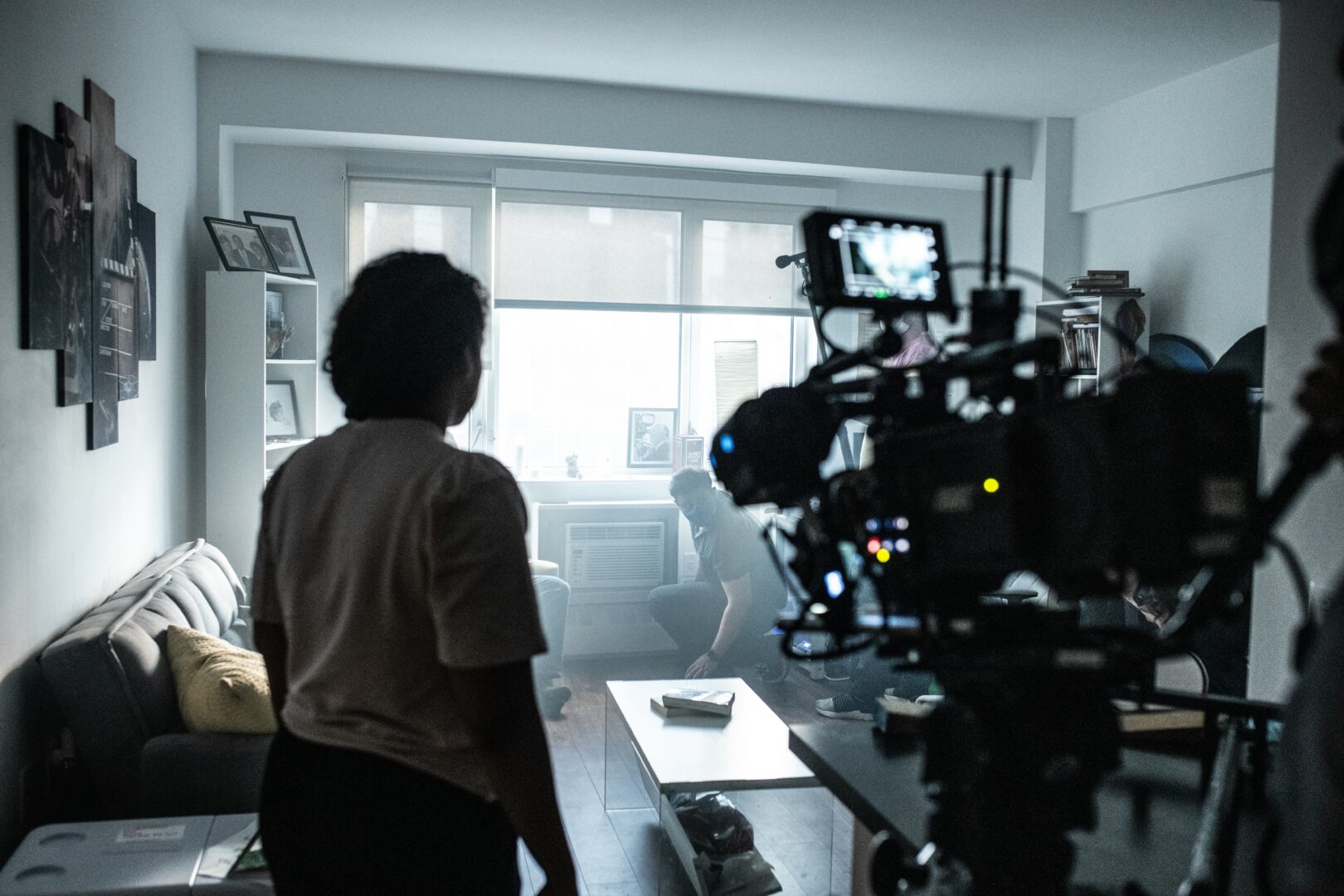
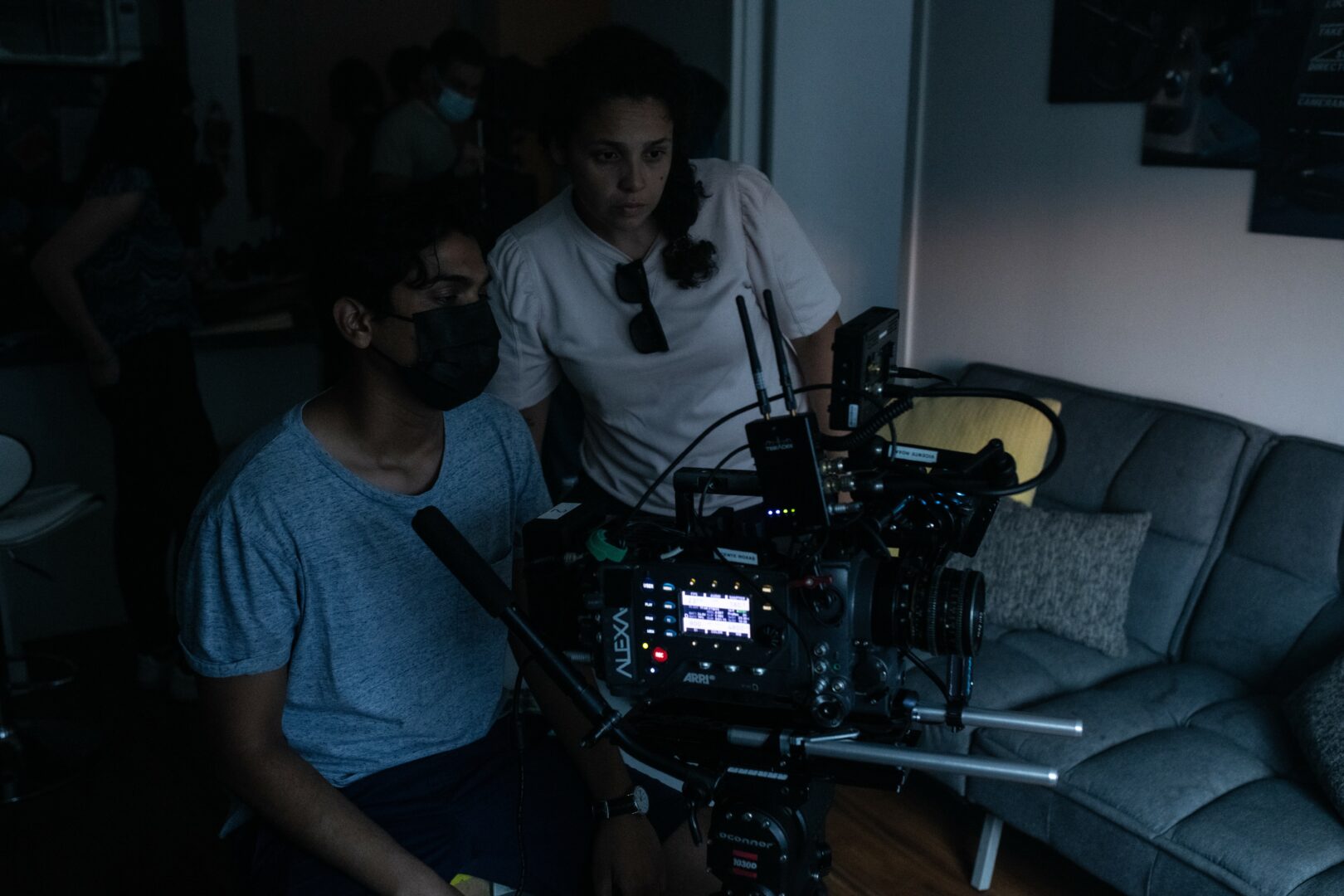
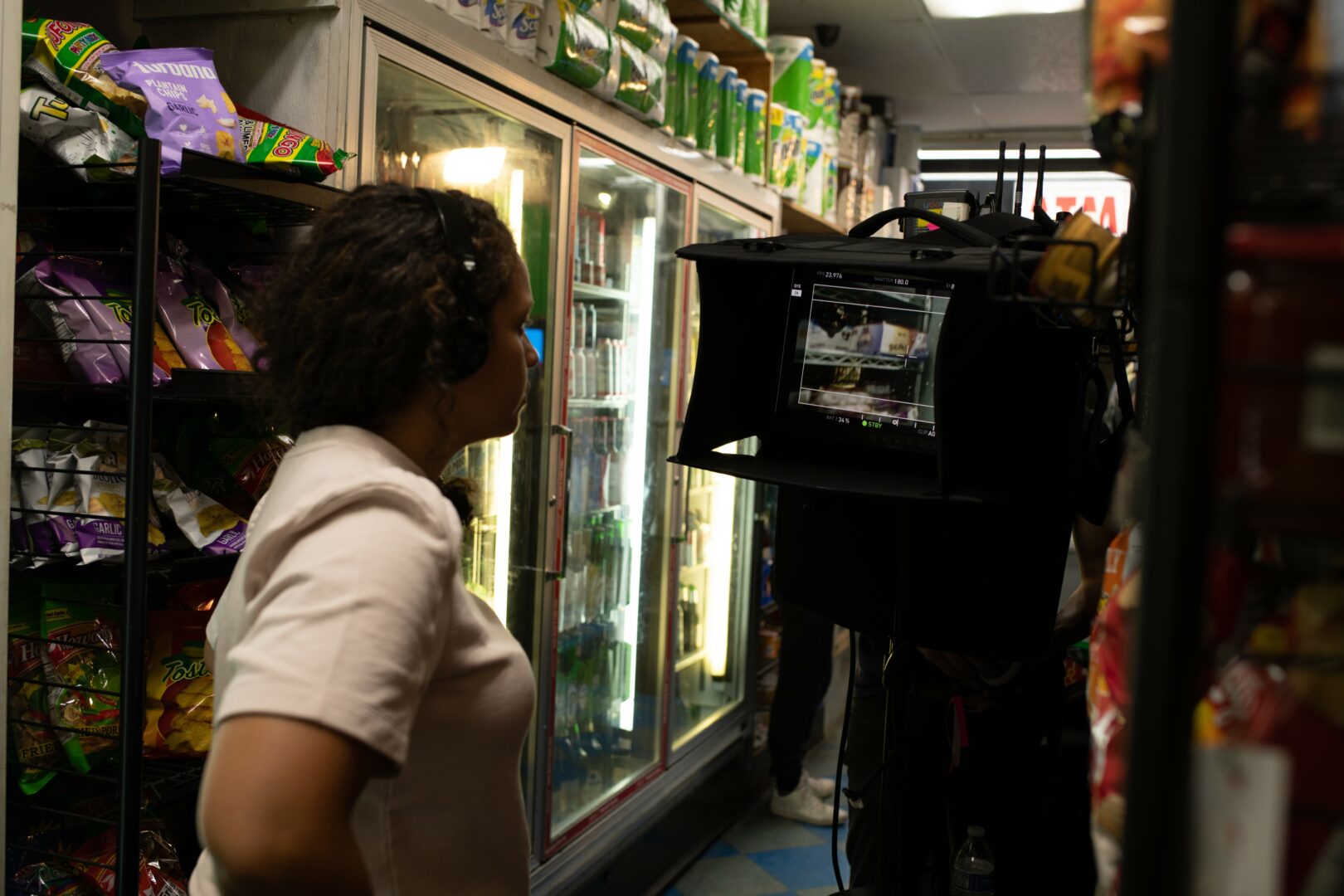
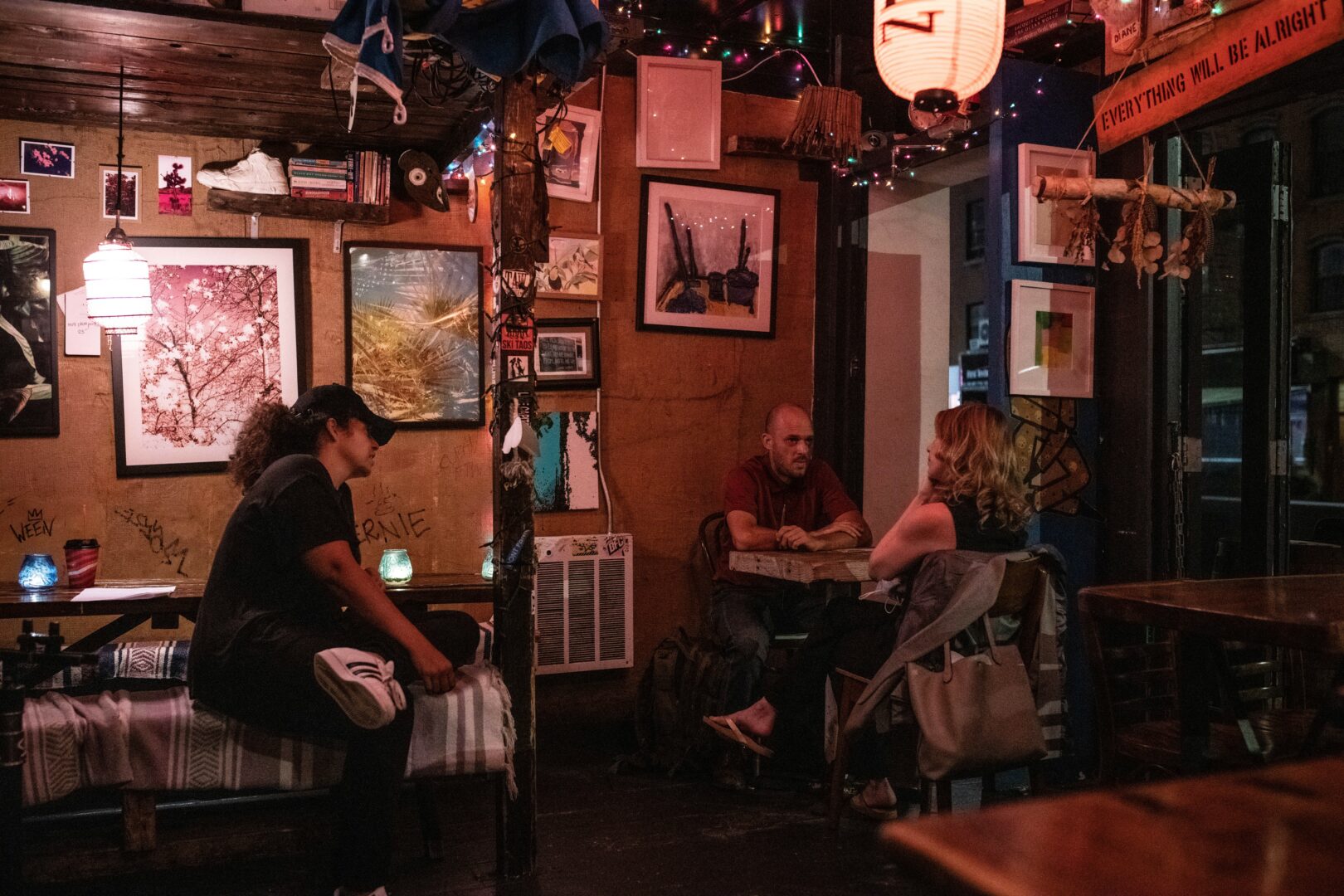
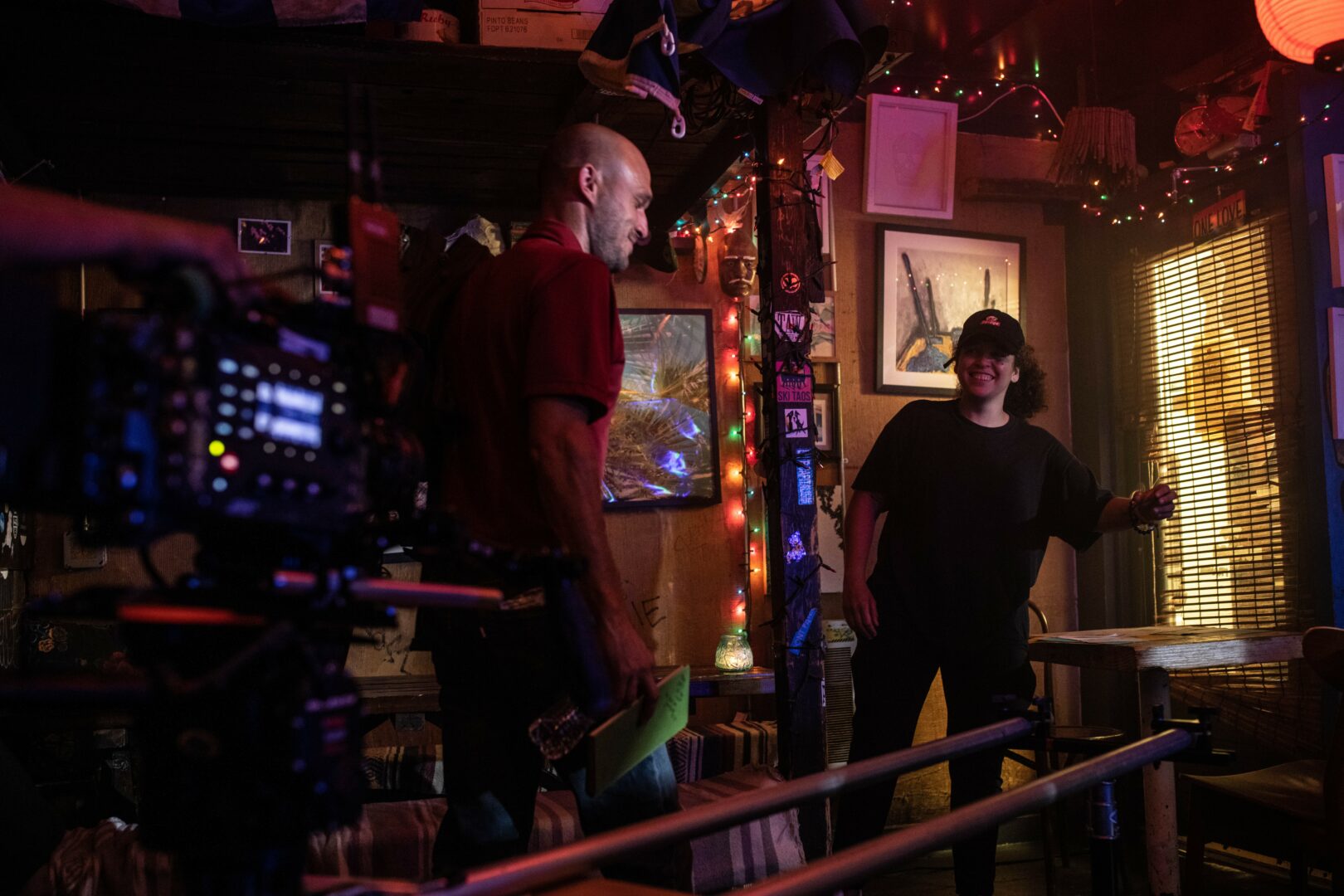
Image Credits
Jeven Wagner photographer for all pictures

